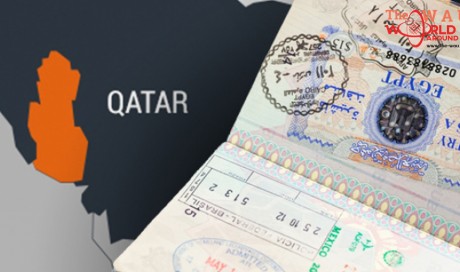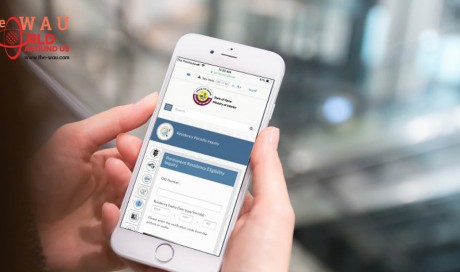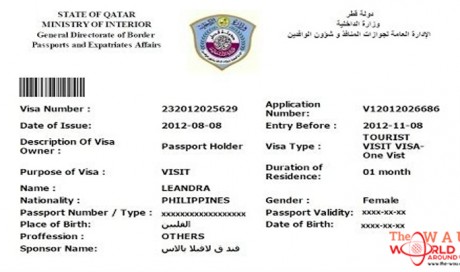The Distinguished Employee’s Promotion
The distinguished employee may be exceptionally promoted, by a decision of the Chairman, to the next higher grade, without complying with the condition of the intermediate period or that of the qualification, provided that his/her performance evaluation is rated “excellent” in the last two reports, spent no less than five (5) years of service, wasn’t subject to a disciplinary action unless it got removed, and didn’t exceed his/her leave balance over five (5) months during the prior two years, excluding the annual and sick days.
The employee shall not have an exceptional promotion before the elapse of 10 years of his/her pervious exceptional promotion, and he/she may not be awarded more than two exceptional promotions during his/her service in the State.
Employment Rights and Benefits
Healthcare
The government entity shall provide medical care to its employees and their family members, in accordance with the health insurance policy adopted in the State.
Leaves
The Law identifies all kinds of leaves the employee is entitled to during his/her service, including annual, casual, sick, emergency, study, unpaid leave...etc. In case the employee couldn’t take his/her full annual leave due to the job needs, he/she must take at least half of his/her annual leave days in a given year, and transfer the other half to the annual leave balance in the next year. No cash allowance is given to the employee for any unconsumed annual leave days.
Occupational health and safety issues are of important focus in Qatar’s Civil Human Resources Law. The employee who is absent from work due to sickness, must report to the closest medical authority for checking and obtaining the necessary sick leave report. The employee shall provide his/her employer with a medical report.
The employee shall be authorized to take a sick leave for a period not exceeding three (3) consecutive working days at a time and up to a maximum of 10 working days in a year. If the leave exceeds this period, the report shall be referred to the competent medical authority for approval. All employees may claim up to one year of sick leave, with full salary and benefits. A second year, at half salary, may be added to this, if proven to be medically necessary.
If the competent medical authority considers that he/she is incurable and unfit to carry on with his/her job, the employee shall be retired for being medically unfit, if he/she was Qatari, and his/her service shall be terminated if he/she was non-Qatari.
Increments and Allowances
The employee is entitled to increments, allowances, and other compensations including the social increment (for Qatari employee), housing allowance, transportation allowance, representation allowance, nature-of-work allowance based on the regulations set by the Cabinet’s decision, retention increment, exceptional increment, telephone allowance, overtime work allowance, motor vehicle allowance, supervisory position allowance, and furniture allowance.
The previously mentioned increments and allowances might be amended, or new ones could be added, by the Cabinet. The Executive Regulation of this Law determines the categories of the increments and allowances, as well as their entitlement terms and conditions.
The Qatari employee is entitled to a periodic increment one year after the appointment date or after receiving the previous periodic increment, until he/she reaches the ending salary in the salary scale of his/her grade, and the increment’s value is determined in accordance with the set categories in Table 1 of Grades and Salaries.
The periodical increment may not be deferred or withheld unless the performance evaluation report of the employee is poor or a disciplinary decision to deprive him of the increment or to defer payment of his bonus has been issued. The deference decision shall entail the forfeiture of the right to the bonus during the period stated in the decision, without having any effect on the due date of the next bonus.
A monthly bonus is given to the Qatari employee whose salary reaches the ending salary in the salary scale of his/her grade, and this bonus gets paid in accordance with the same periodic increment category of his/her grade listed in Table 1 of Grades and Salaries.
In addition to the previously mentioned allowances, cash loans could be paid to employees, and their types and values are determined by the Executive Regulation of this Law, as well as their payment or expenditure terms and the cases exempted from receiving them.
Travel Tickets
The government entity bears the costs of travel tickets for the employees sent on an official mission in accordance with the terms and conditions listed in the Executive Regulation of this Law.
The government entity shall cover the costs of air tickets for non-Qatari employees employed under an external employment contract, in addition to the tickets cost of his/her spouse and three of his/her children whose ages do not exceed the age of 18, such cost coverage shall be made in the following cases:
- Upon appointment for the first time.
- In the event of taking one periodic leave in a year.
- Upon recall from the periodic leave, and in this case, the ticket is paid to the employee only.
- On the employee’s final departure from the State to his/her home country at the termination of the employment.
The non-Qatari employee shall be entitled to receive the cash in lieu of airline tickets due to him/her and the family, even if they do not actually travel to the country which he/she holds its nationality upon appointment.
In all cases, the travel ticket gets paid based on the home country listed in the employee’s contract in the beginning of the appointment.
...[ Continue to next page ]
Share This Post














